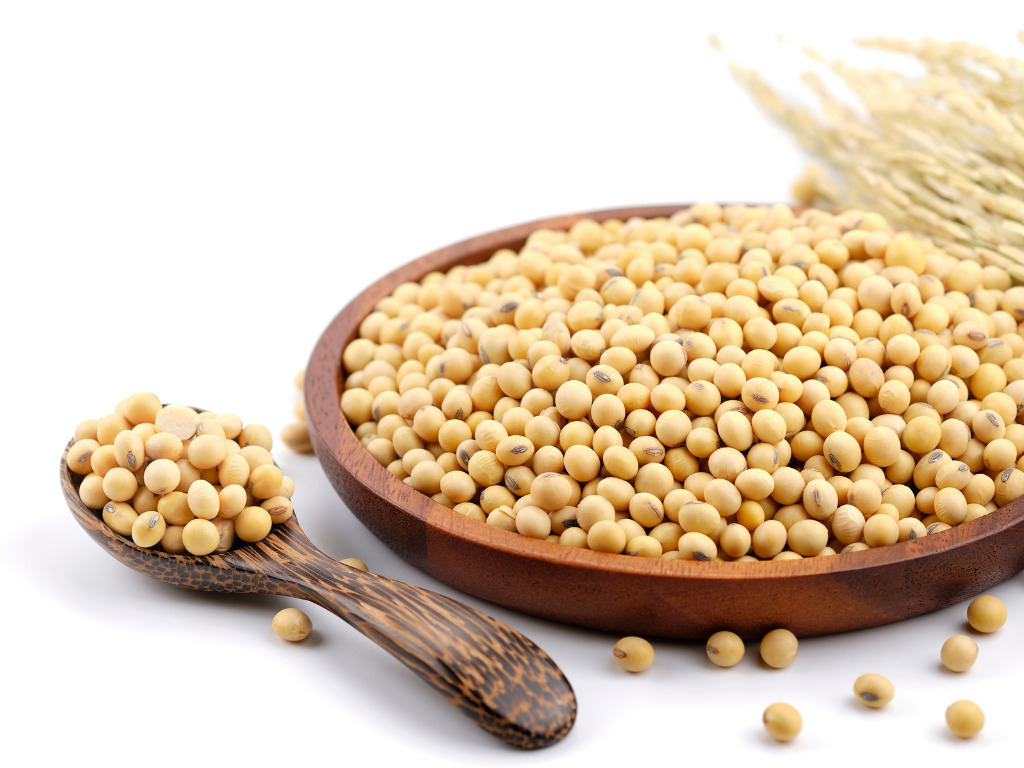Soy Protein Vs Soy Protein Isolate: What’s The Difference And How Are They Used?
4 Mins Read
Soy can be a contentious ingredient. As an allergen, it isn’t suitable for everybody, however, as a source of plant protein, it is a valuable addition to the diets of those who can tolerate it. Confusion can arise when discussing soy protein and protein isolate. Though they sound almost identical, the two products are distinct from one another and offer consumers different benefits. They have wildly different applications as well.
Soybeans, also known as edamame, are a protein-rich legume that can be easily processed. As well as being the building block of tofu and tempeh, beans can be processed into highly-refined ingredient forms. These are commonly observed in chunk and powder formats.
Read on to find out everything you need to know about both forms of protein and their uses.
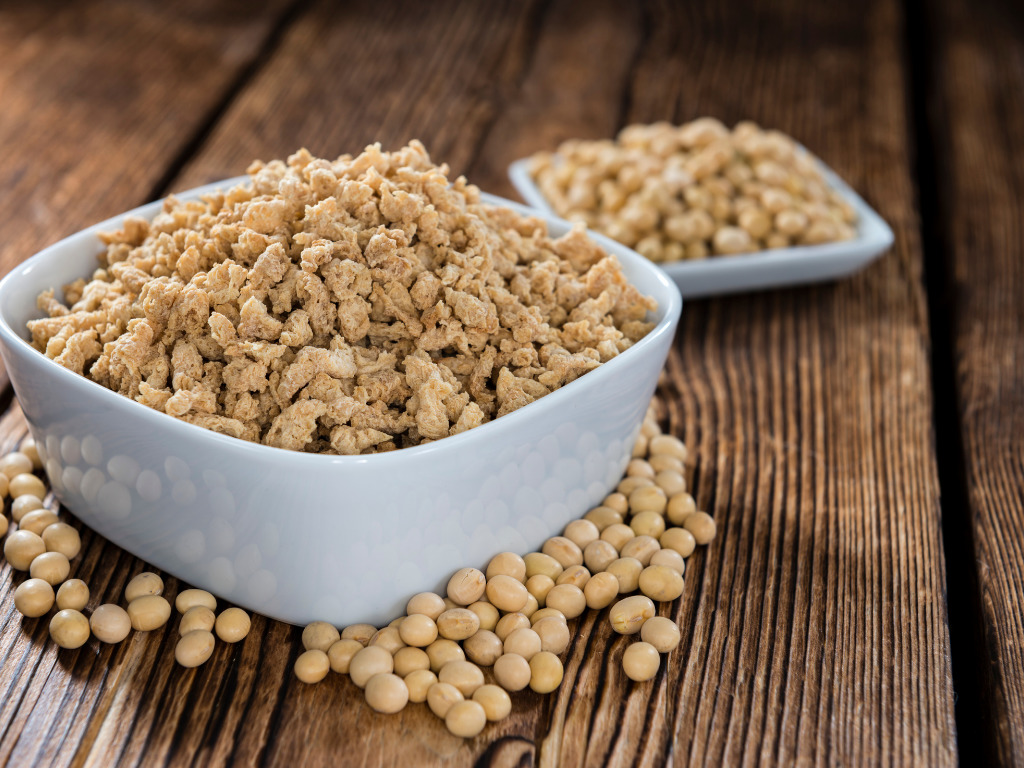
What is soy protein?
A dietary additive that includes a certain amount of carbohydrates, associated sugars and fibre.
How its made: In soy protein, all the constituent fat is removed from soybeans before extracting any water-soluble non-protein elements. This leaves a highly concentrated form of soy protein that contains carbohydrates and fibre as well.
What it’s used for: Standard soy protein is generally used in concentrate and textured formats. The first is commonly added to cereals, baked goods, baby formula and even beer. In recent years, it has been increasingly used in meat substitutes, to create a realistic texture and dense mouthfeel. A common allergen, some vegan meat companies are now seeking alternatives, such as pea protein.
Textured soy protein takes the form of larger chunks and pieces. It is often used in place of meat in recipes. It is sold as a dry product that needs to be rehydrated ahead of use.
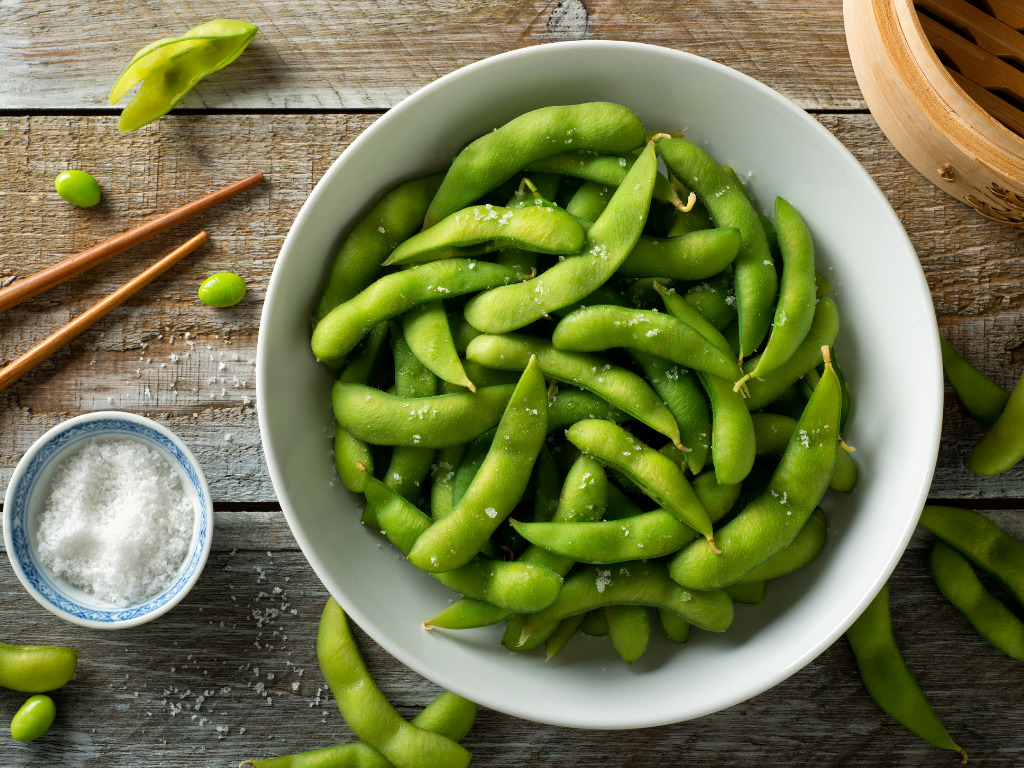
The benefits: Zero cholesterol, low saturated fat, and an excellent source of dietary protein that is easy for the body to digest. Some research has suggested that soy protein lowers bad cholesterol levels.
The downsides: Reports of lowered testosterone levels in men have led to some consumers becoming wary of soy protein. Similarly, elevated oestrogen has been floated as a cause of breast cancer. Both issues have been widely discredited by scientific research, but the rumours still persist.
As an allergen, soy can cause severe discomfort for consumers. Symptoms include gastrointestinal discomfort, breathing difficulties and a rash.
Nutritional info per 28 gram serving: 94 calories, 0.1 grams saturated fat, 16.5 grams protein, 8.8 grams carbohydrate and 1.6 grams fibre.
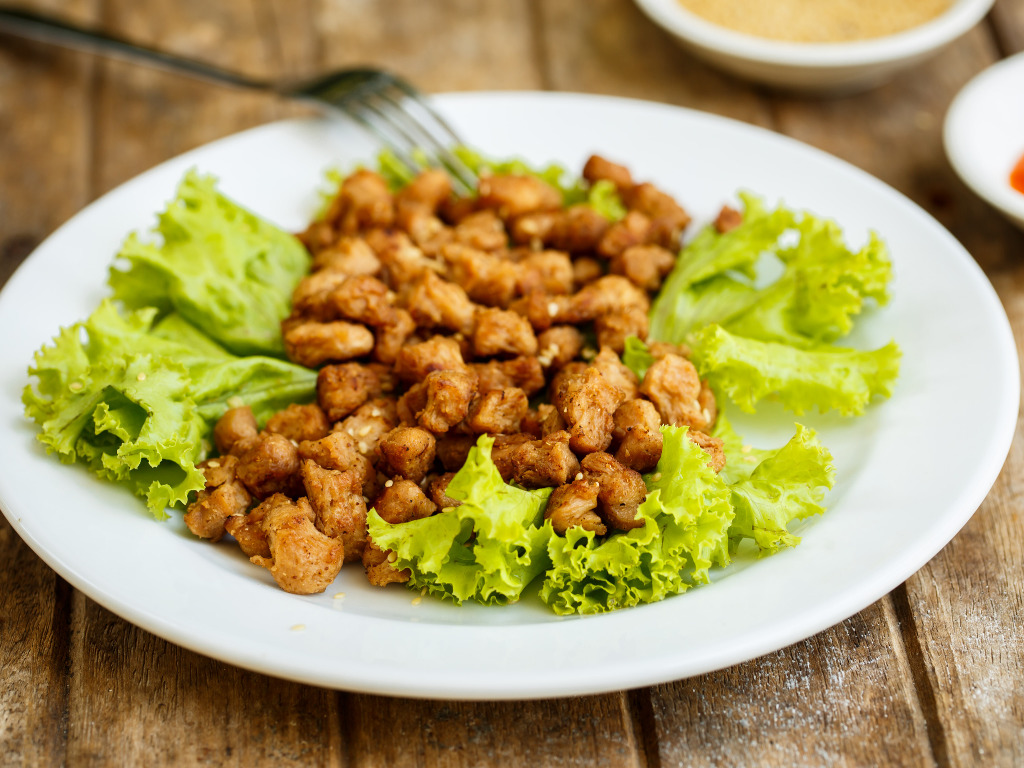
What is soy protein isolate?
The highest-quality version of soy it’s possible to source.
How it’s made: Soy protein isolate is processed in exactly the same way, but everything is removed, except the protein. All carbohydrates and fibre are extracted from eth already defatted beans. This leaves an all-protein end result that is more ‘pure’ than its counterpart.
What it’s used for: More refined and processed than standard soy protein, isolate has a high biological value. This means it is easily absorbed by the body and most of it is used. This makes it ideal for athletes and very active people. As a result, it is commonly found in supplements such as protein bars and shakes, fortified dairy products, and meat substitutes.

The benefits: Soy isolate is a perfect addition for those looking to cut fat and generate lean muscle. Without any carbohydrates, it fits into a calorie deficit diet plan easily. As with soy protein, it contains zero cholesterol and can contribute to a lowering of existing cholesterol levels.
Zinc is easily absorbed from soy isolate, as is vitamin B, calcium, iron, and magnesium. Together they impart energy, allowing for better sports performance.
The downsides: Soy isolate still falls prey to stereotypes of not being as effective in building muscle as whey protein. This is largely unfounded, as it contains all 9 essential amino acids and contains leucine in large amounts, which drives muscle growth.
See above for allergen information.
Nutritional info per 28 gram serving: 95 calories, 0.1 grams saturated fat, 25 grams protein, 0 grams carbohydrate, and fibre.
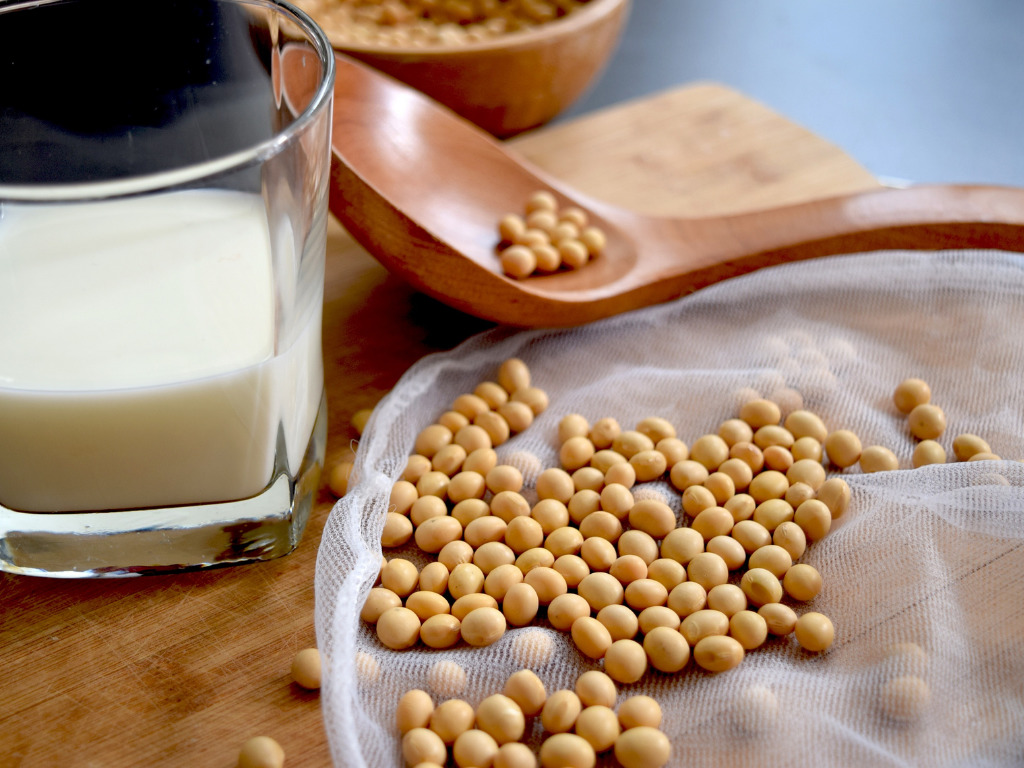
Debunking myths about soy protein
Vegan protein has been proven to be as effective at building muscle as animal-based counterparts. Recent research conducted in Brazil categorically revealed that there is no difference in the ability of plant-based or meat-eating men to build muscle and bulk up.
Similar findings were revealed in the 2019 documentary The Game Changers. The film took things a step further and made the case that animal protein is ineffectual for enhanced performance, due to the necessary fat digestion.
All images via Canva.


